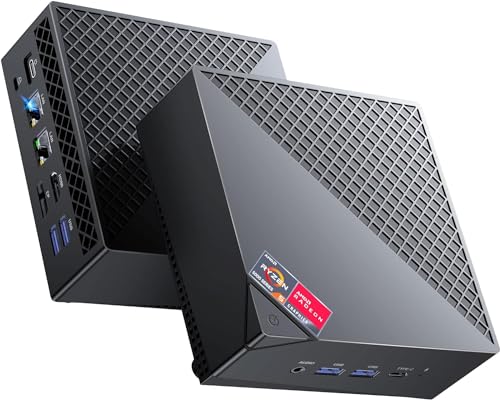Understanding the Basics of a Gaming PC: What You Need to Know
What is a Gaming PC?
When we think of a gaming PC, we imagine a powerful machine built specifically to handle the demands of modern games. Unlike regular computers, gaming PCs are equipped with high-performance components like faster processors and graphics cards to ensure smooth gameplay, stunning visuals, and quick response times. This means that when you sit down to play, you’ll experience immersive environments and fluid action without frustrating lag.
Key Components of a Gaming PC
At the heart of a gaming PC, we find key components that determine its performance. The CPU, or central processing unit, acts as the brain of the computer, executing tasks and making calculations. Meanwhile, the GPU, or graphics processing unit, takes care of rendering images and graphics, crucial for high-quality visuals in gaming. Lastly, RAM, or random access memory, enables your PC to handle multiple tasks at once, ensuring that your games run smoothly and efficiently.
Choosing the Right Components: CPU, GPU, and RAM Explained
Selecting the Right CPU
When shopping for a gaming PC, the CPU is one of the most critical components to consider. Different CPUs offer varying levels of performance, with some better suited for multitasking or high-framerate gaming. We typically recommend looking for at least a quad-core processor, as this will smoothly handle recent games and other applications without stuttering.
Understanding GPU Performance
The GPU is arguably the star of a gaming PC. For optimal gaming experiences, it’s essential to choose a graphics card that can keep up with your gaming demands. Modern titles often specify certain minimum and recommended GPU specs for the best performance. Investing in a capable GPU not only enhances graphics quality but also determines the resolution and framerate at which you can play your favourite games.
Importance of RAM Size
RAM plays a crucial role in how efficiently your gaming PC operates. For most gaming purposes, we generally suggest a minimum of 16GB of RAM, allowing for smooth multitasking and performance during gameplay. More RAM can also be beneficial for additional tasks like streaming or using other applications at the same time as gaming.
Future-Proofing Your Setup: Why Upgradability Matters
Considerations for Upgradability
When planning your gaming PC, think about how easy it will be to upgrade components in the future. Technology evolves rapidly, and having a PC that allows for upgrades can save you from needing an entire new system later on. We recommend looking for motherboards with multiple expansion slots and choosing a power supply with enough wattage to support future upgrades.
The Benefits of Upgradeable Components
Selecting components that are easy to upgrade can provide longevity for your gaming rig. For instance, if you start with a decent GPU but later want to enhance graphics performance, an upgradeable setup will allow you to swap in a more powerful graphics card without having to replace the entire system. This flexibility means you can keep your PC functioning at high performance without breaking the bank.
Custom vs. Prebuilt Gaming PCs: Which is Best for You?
The Appeal of Custom Builds
Building a custom gaming PC can be incredibly rewarding. With a custom build, we have full control over every component, ensuring the specifications align perfectly with our gaming needs. This also allows for personalisation in terms of aesthetics and performance. However, building a PC requires a certain level of technical knowledge and may consume more time.
Advantages of Prebuilt Systems
On the other hand, prebuilt gaming PCs come ready to use right out of the box, making them a great time-saver for those who may not want to deal with the intricacies of building. These systems are tested for compatibility, reducing the risk of potential issues. Prebuilt options often cater to a range of budgets and can be upgraded later, making them a viable choice for both beginners and seasoned gamers.
Budgeting for Your Gaming PC: Getting the Most Bang for Your Buck
Establishing Your Gaming Budget
One of the most important considerations when making a gaming PC purchase is budget. We need to establish a realistic budget that reflects both our needs and the current market trends. By deciding upfront how much we’re willing to spend, we can look for the best components to fit within that range.
Finding the Best Value Components
When browsing for components, staying informed about performance versus price is crucial. We should pay attention to sales and promotions that can offer components at a lower price without compromising performance. Additionally, understanding which components might offer the best performance for cost can help us maximise our investment, ensuring that we don’t overspend on certain parts while skimping on others that matter more.
























